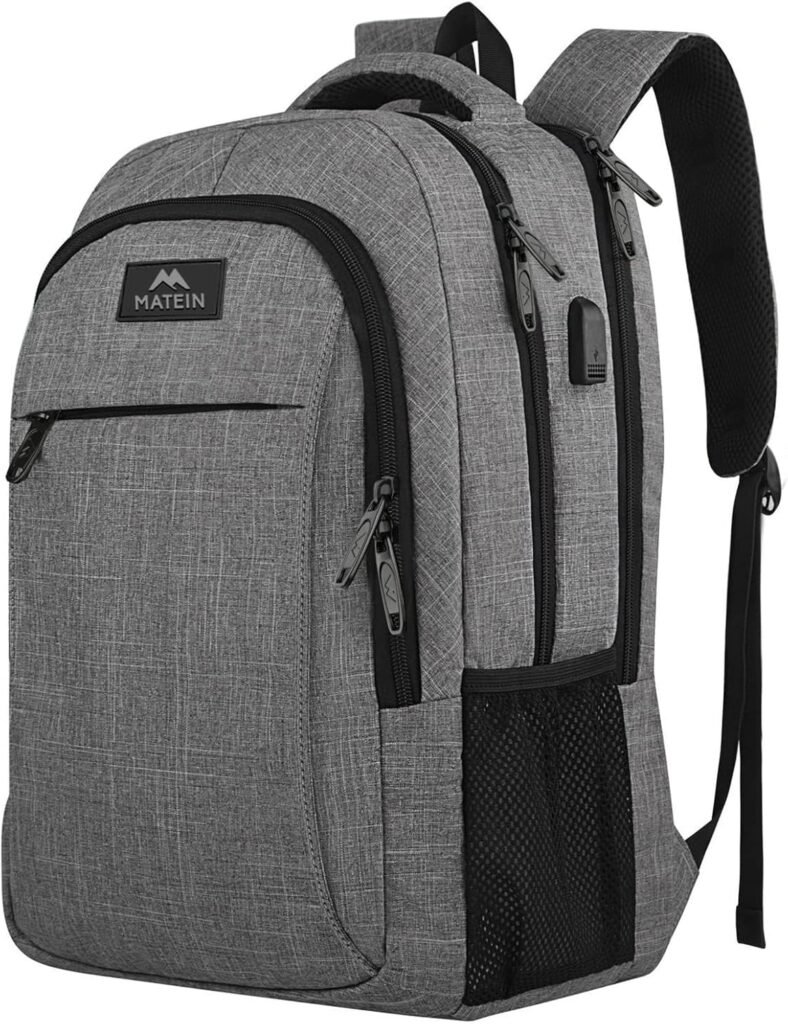An economist warned Monday that the U.S. is “gagging” on uncertainty around the Trump administration’s economic policymaking, and that the situation could get worse.
Mark Zandi, Moody’s Analytics chief economist, gave the dire assessment during an interview with CNN in which he was asked about comments made by Treasury Secretary Scott Bessent over the weekend about the potential impact of the tariffs Trump is threatening to impose on China, Canada, and Mexico.
Economy Sees Worst Day of 2025 as Trump Imposes More Tariffs
On Face the Nation, Bessent dismissed as “alarmist” an analysis from the Peterson Institute which found that the tariffs would cost the typical U.S. household over $1,200 a year.
“We have the experience of President Trump’s first term, where the tariffs did not affect prices,” Bessent said. “And it’s a holistic approach, that there will be tariffs, there will be cuts in regulation, there will be cheaper energy. So I would expect that very quickly we will be down to the Fed’s 2 percent [inflation] target. So I’m expecting inflation to continue dropping over the year.”
CNN host Kate Bolduan asked Zandi if he agrees with Bessent’s conclusions that the tariffs—which are scheduled to go into effect on Tuesday—won’t drive up prices for American consumers.
“I think they’re going to raise prices,” Zandi answered. “They’re a tax on American consumers. If you add up all of the tariffs that are now in play, those that have already been imposed—like the 10 percent on China—and those that are being discussed, like the 25 percent on Canadian and Mexican imports… That’ll add about $1,250 to the typical American’s bill over a period of a year.”

Zandi also highlighted that the U.S. economy’s problem with high inflation now is different from the relatively low inflation challenges under Trump’s first term, adding that he did not think the Fed’s 2 percent target would be hit “if these tariffs go through.”
“At some point the tariffs will do economic damage because they’ll cost American jobs,” Zandi said. “Especially if other countries respond and retaliate and raise their own tariffs and impose their own trade restrictions—which is what they did, certainly what China did, back in President Trump’s first term.”
He added that the “initial effects” of tariffs would be “higher inflation” before seeing “weaker economic growth” further down the line.
“Consumer confidence is down,” Bolduan said. “Consumer spending dropping. Layoffs ticking up. GDP forecast turning negative. Do you see this as a momentary blip, or could this really be the beginning of something bigger?”
“Well, I’m worried,” Zandi answered, citing “uncertainty around economic policy” under Trump’s administration.
MATEIN Travel Laptop Backpack, Business Anti Theft Slim Sturdy Laptops Backpack with USB Charging Port, Water Resistant College School Computer Bag Gift for
“We talked about tariffs, but you know, there’s the DOGE cuts,” he said, referring to Elon Musk’s so-called Department of Government Efficiency which is currently slashing the federal workforce. “There’s what’s going on with immigration and deportation. There’s what’s going on in Congress around tax and spending. You know, there’s a looming government shutdown a couple weeks away. We’ve got the Treasury debt. I can go on and on and on.”
Zandi said that businesses and consumers will respond to uncertainty by becoming more “cautious” with spending.
“It feels like the economy’s gagging on the uncertainty and, you know, the longer the uncertainty hangs around, the more likely the economy’s going to start choking,” he said. “And yeah, I think it’s going to do a lot of damage.”


